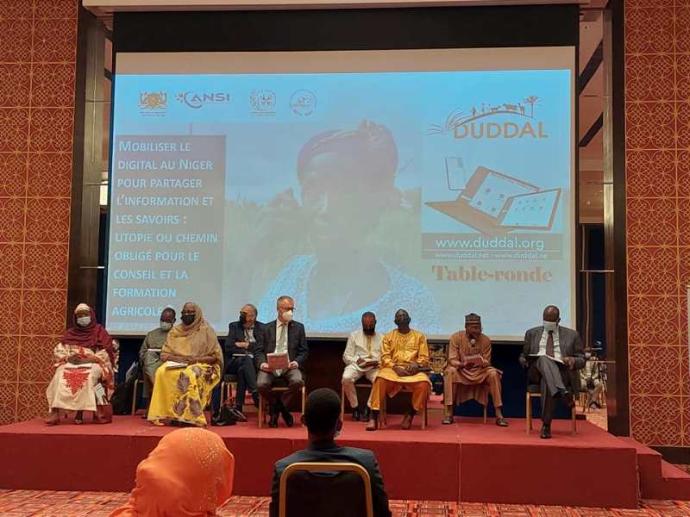The influence of government policies and political stability on the development of mobile networks in Africa is a fundamental topic for understanding how communication infrastructures are currently evolving on the continent. Public policies, telecommunications regulations and political stability are all integral parts in accessing digital services but this role differs in its manifestation depending on the countries.
Government policies and telecommunications regulations
Government policies are directly influencing the growth of mobile networks. In many African countries, governments understood the importance of mobile Internet as a driving force of economic development and many of them introduced favorable policies to foster digital infrastructure. For example, South Africa, Kenya and Nigeria implemented ambitious digital development strategies. Such strategies include reducing the cost of operating licenses, providing tax incentives for telecom operators, and stimulating competition on the market.
Regulatory authorities, such as theAfrican Telecommunications Union (ATU), are also playing a key role. They ensure that providers meet service quality standards and promote investment in communication infrastructures. In countries like Rwanda, where regulatory policies are relatively stable, the expansion of mobile networks was considerable as telecoms companies are now encouraged to invest and extend their services.
On the other hand, in countries where regulation is more chaotic or inconsistent, foreign investors may be dissuaded from investing in mobile network infrastructures. A striking example is Libya, where recurrent shifts in regulatory policies have created an unpredictable environment for telecoms operators. This, in turn, is slowing down the expansion of mobile networks and making digital services less accessible to the population.
Political stability and infrastructures development
Political stability is another key factor for the expansion of mobile networks. It enables telecom operators to plan ahead, invest in new technologies, and establish infrastructures in remote areas. In politically stable countries like Botswana and Ghana, telecoms companies can focus on expanding their mobile networks without worrying about a potential disruption due to conflicts or sudden shifts in government policy.
On the contrary, in countries where political instability is prevalent, such as the Democratic Republic of Congo or Somalia, investments in telecoms infrastructures are often hindered. As a result, providers are reluctant to invest in conflict-prone areas, and this severely restricts Internet access for the people who need it the most. Situations such as a coup d'état, an uprising or a civil war can cripple projects which aimed at developing mobile networks, or even ruin them altogether.
Success stories and failures in Africa

One of the most telling examples of the connection between politics and the development of mobile networks is the evolution of the telecommunications industry in Ethiopia. Until 2020, Ethiopia had one of the most closed telecommunications industries on the continent, with a state monopoly on the market. This model restrained innovation and competitiveness within the sector. However, by opening up the market to new providers in 2020, and by introducing new policies to facilitate private investments, the country has since seen a significant improvement in its mobile infrastructures.
On the other hand, Nigeria, despite its size and its potential market, experienced difficulties in its telecommunications sector due to corruption and political instability. Although investments in mobile infrastructures have increased over the years, issues such as high taxes and unpredictable developments related to regulations have impeded a faster expansion of this sector.
Conclusion
In a nutshell, government policies and political stability have a direct impact on the expansion of mobile networks in Africa. Governments that implement transparent, pro-competitive regulations, while ensuring a certain degree of political stability, create an environment that is favorable to investments in mobile infrastructures. Conversely, countries where policies are unstable or hostile to investment are lagging behind in the development of their telecoms networks. Therefore, the role of governments is decisive in delivering wider mobile connectivity and improving Internet access for all Africans.
 Duddal
Duddal SOS Village d'Enfants Niger
SOS Village d'Enfants Niger



The influence of government policies and political stability on the development of mobile networks